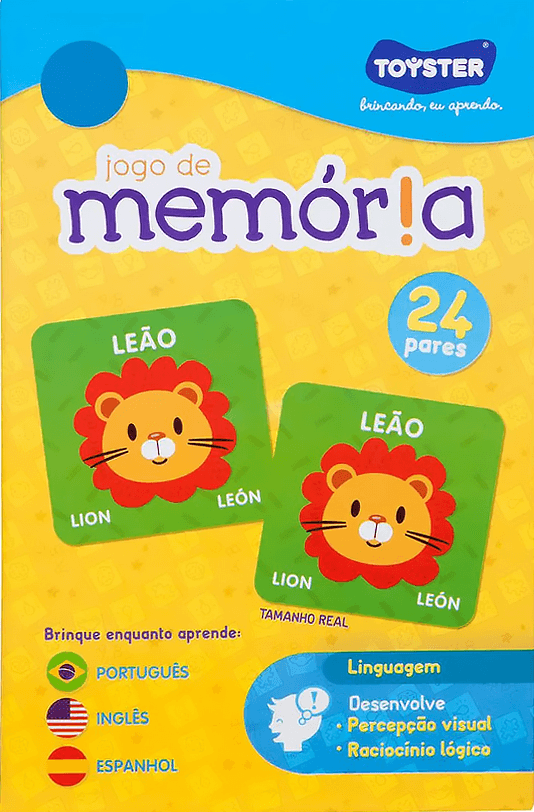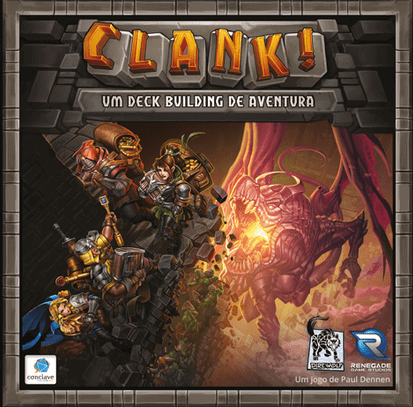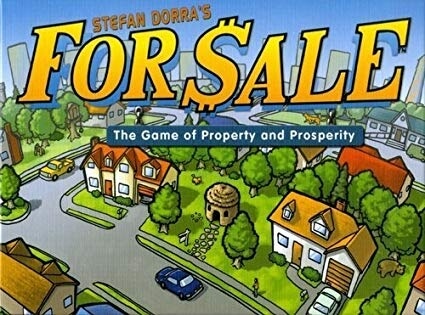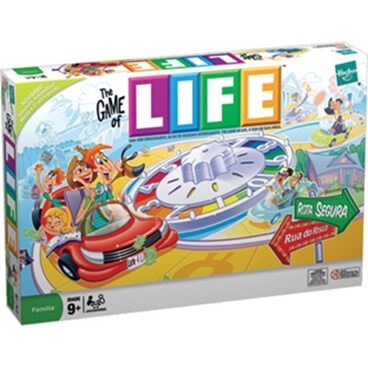
Memory game
### Memory Game The Memory Game is a classic that spans generations and continues to delight children and adults alike. With roots stretching back to traditional versions in various cultures, this game is an excellent way to exercise the mind while having fun. The rules are simple: the aim is to find pairs of identical cards by turning over two at a time and trying to memorize their positions. I remember countless afternoons playing with friends and family, trying not only to win, but also to laugh at their attempts to remember the cards that had already been turned over. This element of friendly competition makes each game unique and full of laughs. Although many versions of the Memory Game can be found around the world, each one has its own twist, whether with illustrations of animals, fairy tale characters or educational themes. This diversity means that the games never get boring. Getting together to play is always an opportunity to create memories and strengthen bonds. If you haven't tried it yet, it's worth exploring this game and discovering how fun and educational it can be at the same time.Artists: (Uncredited); Laura Balzer
Designers: Fernand Nathan;
Date: 1959
Note: 5.2
Mechanics: Collecting Sets, Team play, Memory
Topics: Animals, Pop or Geek Culture, Education, Literature, Environment, Prehistoric, Comics
Table of Contents
- How to Play
- Tips for playing
- Game mechanics
- Game components
- Additional Information
OBJECTIVE OF THE GAME
Tips for playing
Here are some tips for doing better in the game Memory game:
- Keep the pairs organized in rows or columns for quick reference.
- In the first round, strategically turn over some cards to memorize their positions.
- Pay attention when opponents give unintentional hints when turning over their cards.
- Combine similar animals, colors or shapes to make it easier to remember the pairs.
- Never underestimate the power of a well-defined plan; remember where the most common pairs are.
- Use personal associations to remember the location of the cards, such as "the color of my shirt" or "my friend's birthday".
- Stay focused and avoid distractions around you; concentration is crucial!
Video about the game
GAME mechanics
- Collecting Sets - In the Memory Game, this mechanic is the backbone of the challenge. The central objective is to locate and collect matching pairs of cards as the game progresses. Each card has an image or symbol that makes up a set when paired correctly. The ability to collect sets not only requires focus, but also a clear strategy, as each match brings the player closer to victory.
- Team Play - Although often underestimated, collaboration is an essential mechanic. When played as a team, the Memory Game becomes a collective experience, where sharing information and strategies becomes part of the challenge. Players work together, combining their memories and intuitions, to discover the whereabouts of each pair. This encourages communication and teamwork, elements that can completely change the dynamics of the game.
- Memory - The Memory Game wouldn't have its name without its most crucial part: the memory itself. The practice consists of revealing two cards per turn and memorizing them, even if they don't form a pair. It tests your ability to remember where each card was located after multiple attempts. This mechanic is a brain exercise, challenging the player to develop efficient memorization techniques, as well as working on patience and concentration - attributes that benefit the mind far beyond the game board.
Game components
See all the items in the game below Memory game:
- Picture Cards
- Modular tray
- Stitch markers
- Time Clock
- Game rules
- Challenge Cards
- Storage box
Additional Information
- Ludopedia link: https://ludopedia.com.br/jogo/memory
- Link Tabletopia:
- Amazon Brazil link: Comprar Jogo da Memória
- Amazon USA link: Comprar Jogo da Memória


